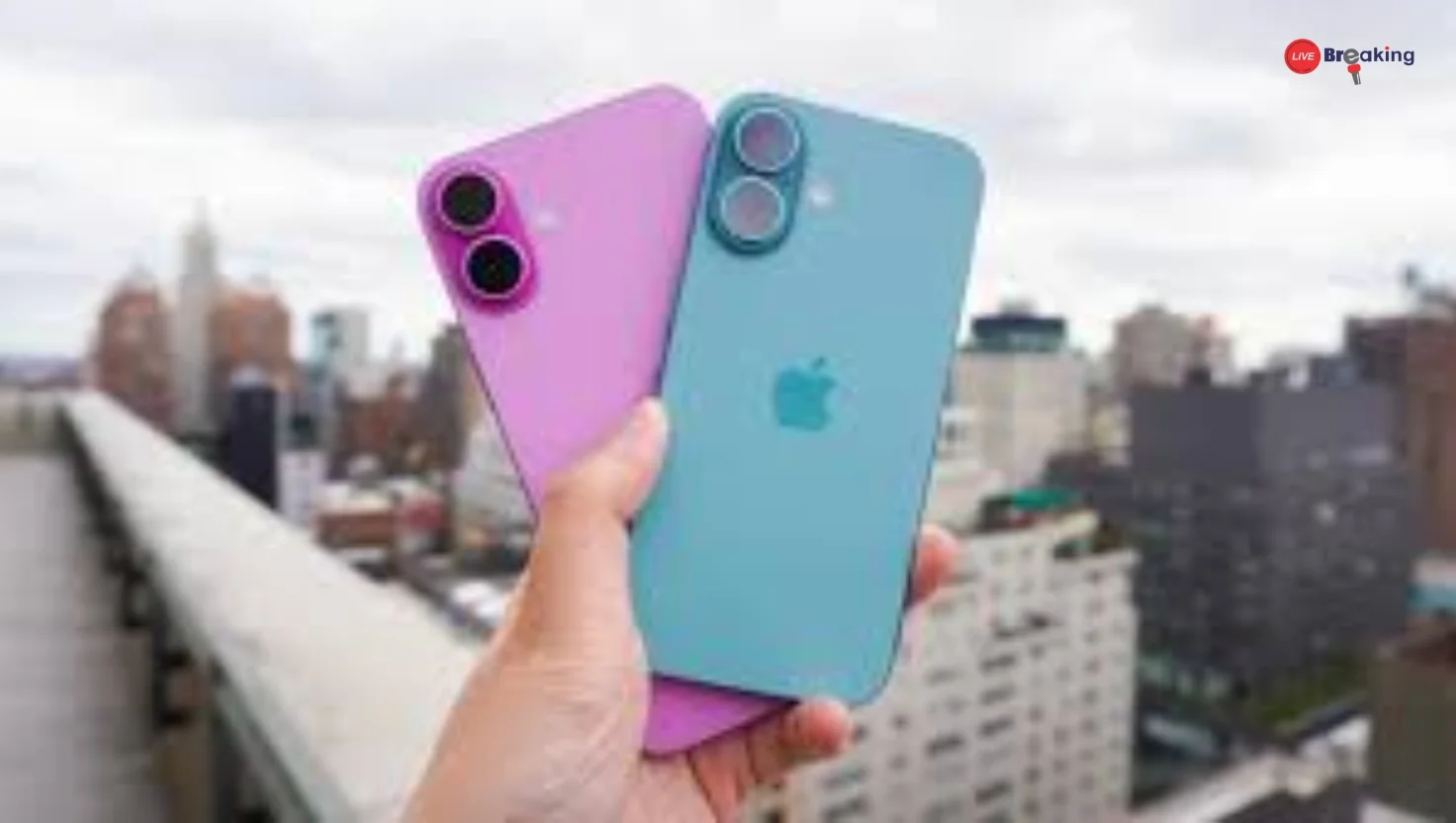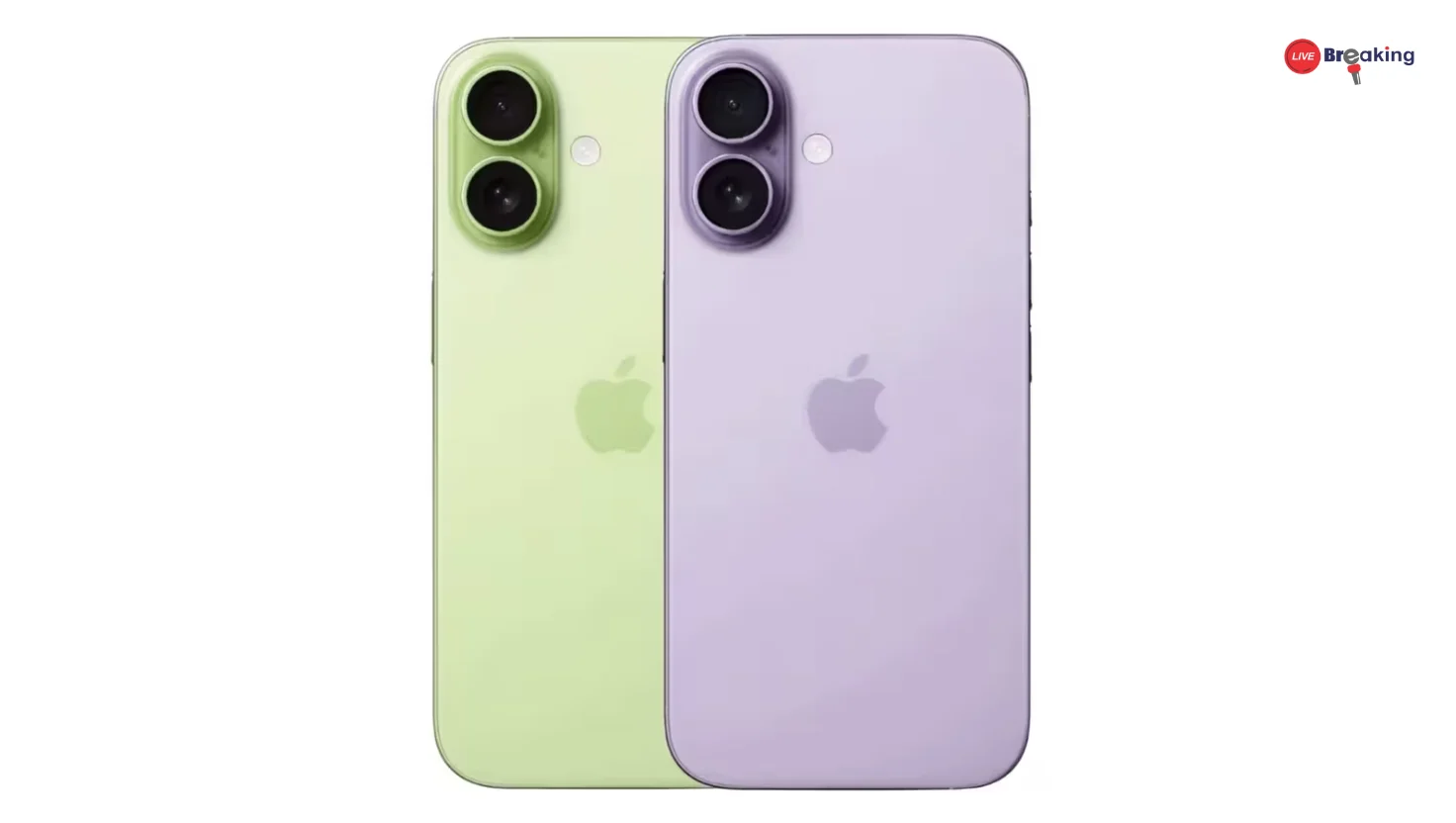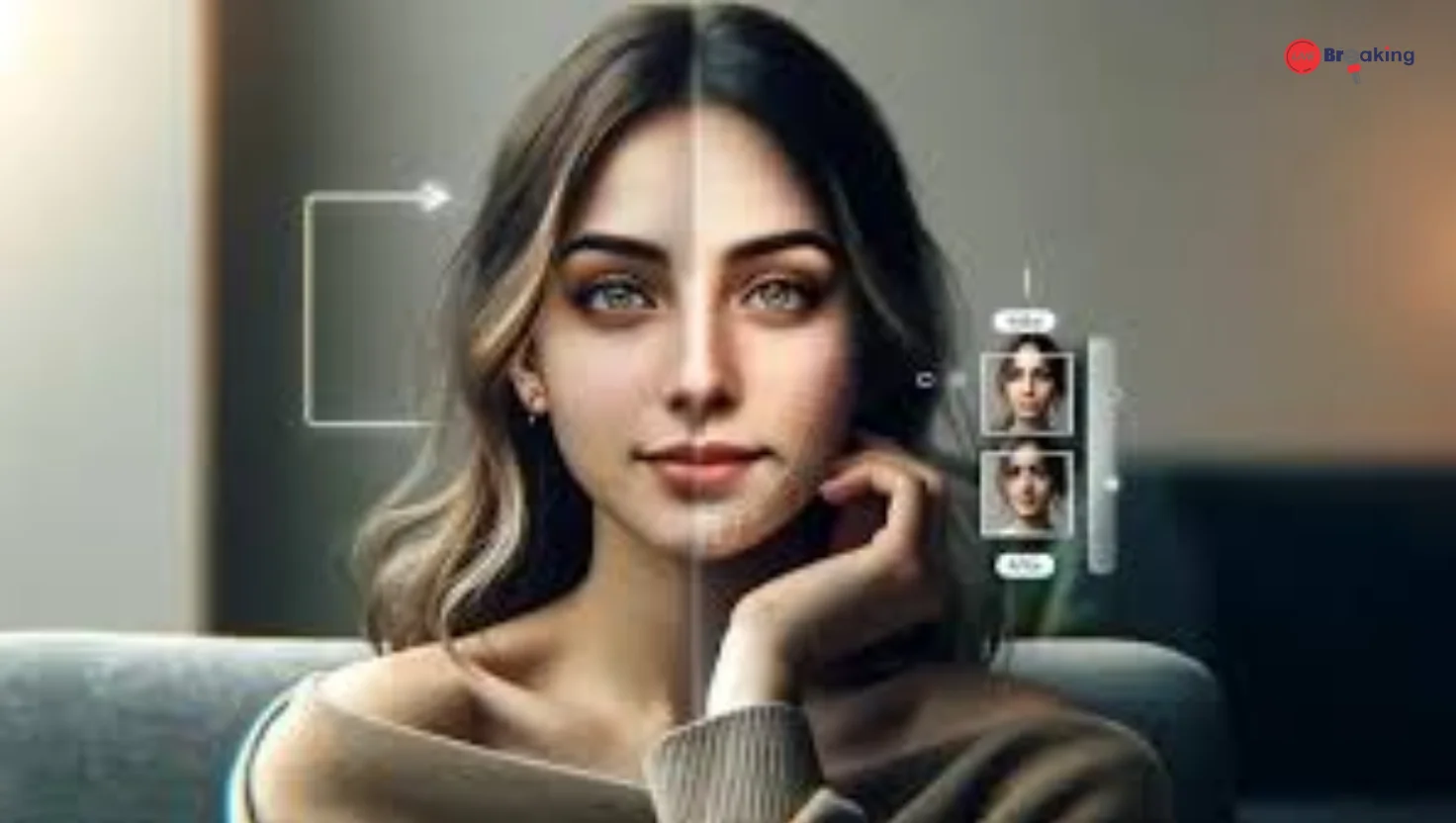ChatGPT vs Gemini: The AI Showdown Everyone’s Talking About
Artificial Intelligence has rapidly moved from research labs into our daily lives, powering chatbots, search engines, digital assistants, and workplace tools. At the center of this transformation are two heavyweight contenders: ChatGPT by OpenAI and Gemini by Google. Both are sophisticated AI models designed to understand language, generate responses, and assist users across industries. But as their influence expands, comparisons between the two are inevitable. The question remains—who will shape the future of AI?
The Rise of AI Supermodels
AI has evolved through decades of innovation, but the introduction of large language models (LLMs) changed the game. These models are capable of not only answering questions but also drafting emails, writing code, analyzing data, and even mimicking human creativity.
OpenAI’s ChatGPT emerged as a frontrunner in this space, quickly becoming the go-to AI assistant for millions worldwide. In response, Google launched Gemini (formerly Bard, then rebranded and upgraded) as its flagship AI system, signaling a fierce rivalry in the quest for dominance.
ChatGPT: The Conversational Pioneer
When OpenAI launched ChatGPT, it redefined human-AI interaction. Its strength lies in natural, intuitive conversations. Users can ask about complex topics, brainstorm creative ideas, or receive step-by-step solutions in a tone that feels human-like.
-
Strengths:
-
Highly engaging conversational ability.
-
Strong creative writing and ideation support.
-
Integrated with third-party apps and plugins for extended functionality.
-
Available in different model versions catering to speed or accuracy.
-
ChatGPT’s appeal rests in its accessibility. It feels less like a machine and more like a knowledgeable companion, which is why it remains popular among students, professionals, and everyday users.
Gemini: Google’s Powerhouse Entry
Google’s Gemini, powered by years of search and AI expertise, aims to be more than just a chatbot. It’s designed as a multi-modal model, meaning it can process not just text but also images, audio, and even video in future iterations.
-
Strengths:
-
Deep integration with Google’s ecosystem (Search, Gmail, Docs, YouTube).
-
Multi-modal capability, giving it broader functionality than text-only models.
-
Backed by one of the largest AI research infrastructures in the world.
-
Strong data retrieval and factual accuracy, drawing on Google’s search capabilities.
-
Gemini represents Google’s attempt to combine its dominance in information retrieval with advanced generative AI. This positions it as a tool that can do more than converse—it can inform, analyze, and interact across different media.
Read more: iPhone 17 Launch: Indian Fans Line Up Overnight for Latest Models
Key Differences Between ChatGPT and Gemini
-
Conversational Style:
-
ChatGPT feels more natural and fluid in conversations.
-
Gemini is more structured, with an emphasis on accuracy and reliability.
-
-
Integration and Ecosystem:
-
ChatGPT integrates with tools like Microsoft Office, Slack, and various plugins.
-
Gemini benefits from direct access to Google’s massive ecosystem, from Gmail to Google Docs.
-
-
Capabilities:
-
ChatGPT excels in creative writing, storytelling, and brainstorming.
-
Gemini pushes boundaries with multi-modal input, allowing it to handle richer and more complex tasks.
-
-
User Base:
-
ChatGPT became a cultural phenomenon, embraced by millions globally as an everyday AI assistant.
-
Gemini is steadily catching up, with Google’s reach and services giving it an edge in adoption.
-
The Impact on Users
For end users, the rivalry means better AI experiences. Each update introduces smarter features, fewer errors, and more creative possibilities. Students benefit from AI tutoring, professionals use it for productivity, and businesses integrate AI to optimize operations.
Yet, the competition also raises important concerns. Data privacy, misinformation, and ethical AI usage remain critical challenges for both companies. The more powerful these tools become, the greater the responsibility to ensure they are safe, unbiased, and reliable.
The Road Ahead
The “ChatGPT vs. Gemini” debate isn’t simply about which AI is better—it’s about the future of human-technology interaction. OpenAI focuses on conversational depth and creativity, while Google pushes for multi-modal, fact-driven intelligence.
In reality, both platforms will likely coexist, each appealing to different user needs. ChatGPT may remain the go-to creative partner, while Gemini becomes the hub for research, productivity, and cross-media analysis.
Read more: Google Pixel 7: Google’s smartphone banned in this country, action taken over network patent
Final Thoughts
The AI showdown between ChatGPT and Gemini is less about rivalry and more about progress. Together, they are shaping a future where AI becomes a daily collaborator—helping us think, create, and solve problems in ways previously unimaginable.
As the competition intensifies, users stand to gain the most. Whether you prefer ChatGPT’s conversational charm or Gemini’s multi-modal precision, one thing is clear: the future of AI has already arrived, and it’s only getting smarter.















